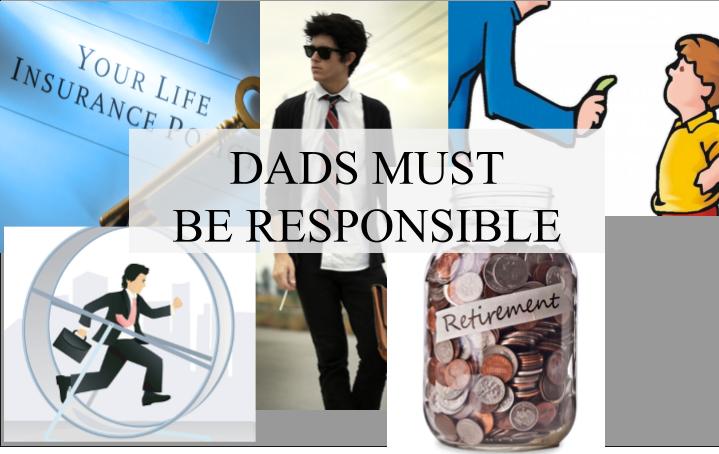Postpartum Depression in Men- Filling those Huge Dad Shoes
Today is only February 9h- I can’t do Valentine’s Day yet. Here are some reruns. The one about Loving Up Husbands for Valentines Day and the one about Loving Up Wives for Valentine’s Day.
For the past 15 years, since my second was born, I have been fascinated with the process of becoming a parent. Ok, in all honesty, mostly I have been fascinated in the process of becoming a mother. Birth and postpartum and nursing and parenting continued to hold my attention even after my babies were off to school. I believe that becoming a mother is the most life transforming event most women will ever go through. It changes them, it destroys and rebuilds and challenges them. For nearly 20% of mothers, the transition is so tough that they end up with some form of perinatal mood disorder- mostly postpartum anxiety or depression. *Want to know more? Check out Pregnancy Postpartum Support MN. But we’re actually not going to talk about that.
Did you know that when we push, and look for it, postpartum dads have almost the same risk for postpartum struggles?
Mostly, in my experience, dads who are struggling get super RESPONSIBLE… or feel overwhelmed by feelings of responsibility. Dads often have an internalized sense of what kind of man they are supposed to be. In the face of huge feelings, powerful disconnect from their spouse, social isolation and lack of sex and sleep they pull up their pants, straighten their tie, grab their briefcase, and head to the office. They throw themselves into a cold, heartless world that may actually feel more manageable than the maternal nest their wife seems to have retreated into.
Sometimes it looks more like anxiety- trying to make everything fit just the way it should be with increasing frustration. Some men, in the face of crushing responsibility throw up their hands and find those big dad shoes too hard to fill. They turn on the video games, crack a brew and numb out on the couch alone.
The thing I hear most from wives who are worried about their husband is that they aren’t any fun anymore. Their kids don’t make them happy. Nothing makes them happy. They seem so serious. Or angry. Men are socialized to protect us from their feelings, suck it up, walk it off, man up. That works… until it doesn’t. When the tightly held feelings a man is swallowing break free, it is often communicated in a way that women see as anger rather than hurt or sadness or worry. And anger tends to push women away- just when their partners need connection the most.
Becoming a dad must be rough. In today’s world, the message is do more, do better, but still get to work and don’t let anyone think you don’t love every minute of it.
I know that about 80-90% of my readers are women. Men mostly get my column when their wives throw it at them. So here’s what I am asking you to do- throw this one. If you are worried, if you don’t think he’s doing very well, if you know he deserves to feel better and is sucking it up so much he might even have convinced himself- hold the mirror up for him. Depression is treatable. Learning to manage feelings is a skill that takes time. Being a dad is something you have a lifetime to figure out.
Here are a few things- Postpartum Support MN is not for women…it is for parents. We do guys, really… or we would if they called. We have this great help line to assess and offer services. Or just email me at any time and I can find someone that would be a fit to see dads. The hardest part of my job is knowing the the people that need help the most aren’t going to let anyone know that they do.
Maureen
Here are a couple of other sites I love. Mark Myers is a local dad and therapist who founded Face It Foundation has some amazing ideas about how to better serve men.
This list from Postpartum Men can also help identify how depression in men can look really different and be hard to identify. Symptoms of Men’s Depression
- Increased anger and conflict with others
- Increased use of alcohol or other drugs
- Frustration or irritability
- Violent behavior
- Losing weight without trying
- Isolation from family and friends
- Being easily stressed
- Impulsiveness and taking risks, like reckless driving and extramarital sex
- Feeling discouraged
- Increases in complaints about physical problems
- Ongoing physical symptoms, like headaches, digestion problems or pain
- Problems with concentration and motivation
- Loss of interest in work, hobbies and sex
- Working constantly
- Frustration or irritability
- Misuse of prescription medication
- Increased concerns about productivity and functioning at school or work
- Fatigue
- Experiencing conflict between how you think you should be as a man and how you actually are
- Thoughts of suicide

